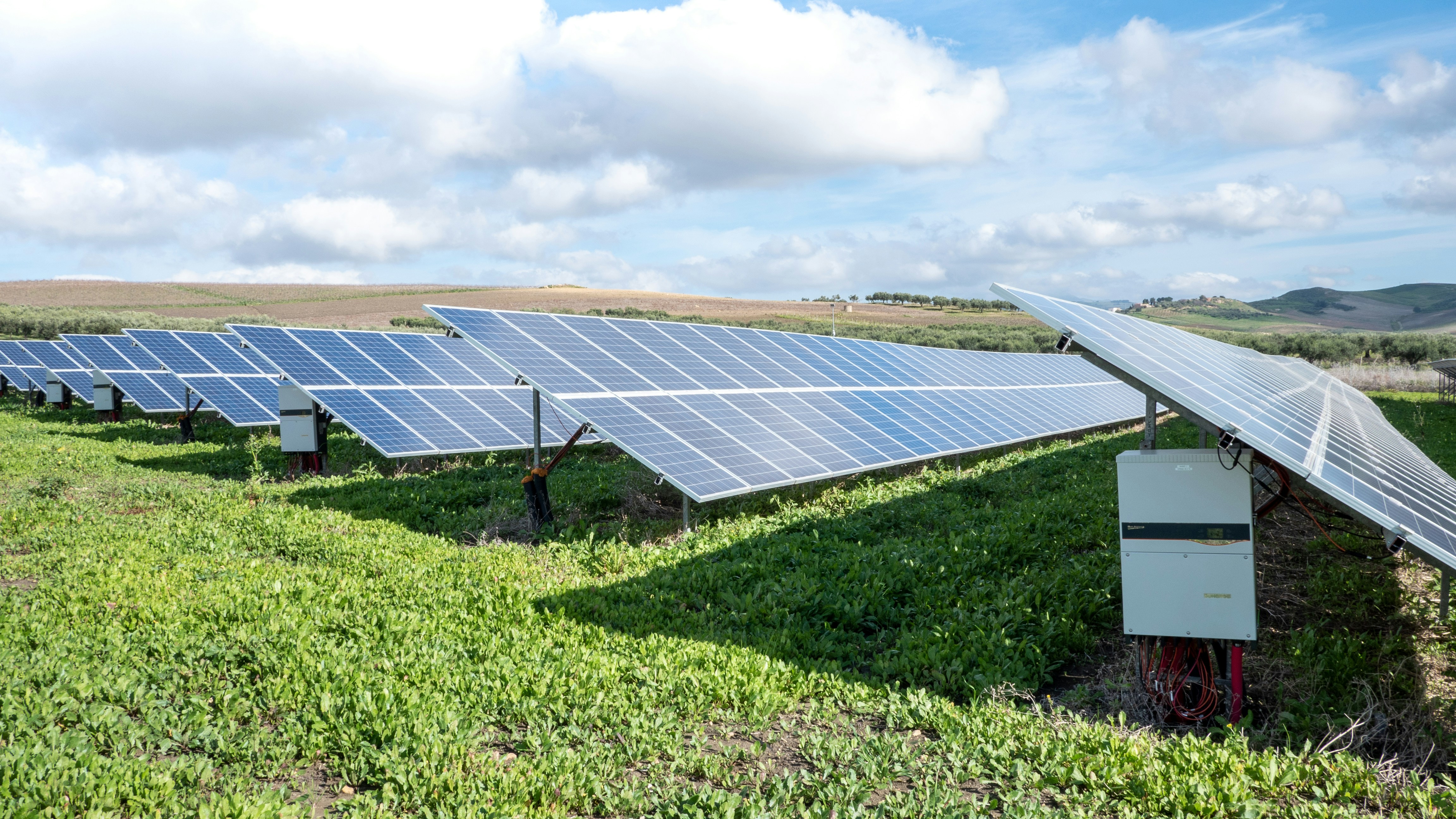Short and medium-term solutions are needed to wean island off fossil fuels
Good news on the Great Sea Interconnector (GSI) front, but priority must now shift to implementing measures that will bring electricity prices down between now and 2030, when the GSI is expected to become operational. The price paid in Cyprus is among the highest in Europe because the island is still 80 per cent reliant on using expensive and high CO2-emitting diesel/HFO for power generation.
Penetration of renewables in Cyprus’ electricity generation is still woefully low, well below 20 per cent at the end of 2023. In the rest of Europe, renewable sources now provide more than 50 per cent of electricity consumption. Including hydro and nuclear, this rises to 73 per cent. What is remarkable is that so far in 2024, the dependence of the EU’s electricity generation on fossil fuels has been reduced to 27 per cent, and it still going down, compared to Cyprus’ 80 per cent.
This must change. Not only is Cyprus paying a high price for emission allowances, expected to approach €300million/year, but as long as this remains unchanged, there is no hope that the price of electricity will come down.
Everybody recognises that the price of electricity in Cyprus is crippling for consumers and industry alike. Many suggestions are being made on how to bring this down, but given the practicalities of Cyprus’ energy system and politics, only two have the potential to do so in the short to medium term: import of natural gas and switch from diesel/HFO to gas for power generation, and more rooftop solar combined with home battery storage.
All else is either longer term or options that in theory could work, but without serious reform will not work in Cyprus.
Import of natural gas
With the price of natural gas expected to fall further as more and more LNG comes into global markets from new liquefaction plants in the US and Qatar as of next year, import of LNG becomes by far the most effective way to bring the price of electricity significantly down in Cyprus.
Increasing supplies of LNG are expected to bring the price of natural gas at the Dutch TTF hub down to about $8/mmBTU. Assuming that in 2025 Brent crude oil is back to $80/barrel, the price of diesel in Europe could be about $110/barrel. Based on these figures, the cost of using gas as fuel for power generation will be 30 per cent lower than using diesel/HFO.
With gas emitting less carbon dioxide than diesel/HFO, its use would also reduce the cost of emission allowances by close to 30 per cent.
Based on such fuel prices and reduced emissions, switching electricity generation to natural gas in 2025, could save the Electricity Authority of Cyprus (EAC) more than €400million and lower the price of electricity by 35 to 40 per cent annually. The use of more efficient combined cycle gas turbines could reduce costs further.
This annual saving is substantially higher than the construction cost of the Vasilikos LNG import project, despite the problems it has been facing, including the cost of a reasonable settlement of the dispute with the Chinese-led consortium CMC, especially if the outcome of this is the return of the FSRU Prometheus back to Cypriot hands. A saving that could be realised starting 2025.
The minister of energy is considering abolishing DEFA’s monopoly to import and distribute natural gas in Cyprus, with a parallel opening of the market, so that, in addition to EAC, private entities could also import natural gas. That could introduce further competition.

Rooftop solar
Earlier this year the ministry of energy launched the subsidy scheme Photovoltaics (PV) for All, to encourage consumers to invest in rooftop solar panels. It was a runaway success. Cypriots took to it in earnest.
By the middle of the year over 5,000 applications were approved. In addition, pre-approval was given to another 4,000 who have10 months to proceed with PV installation. Over one in 10 Cypriot households now have adopted rooftop PV.
In response to this, the ministry announced it will launch a second phase and expects even greater participation. At the same time, investment in new solar farms is also increasing, putting even more pressure on Cyprus’ electricity system.
Increasingly there are warnings that Cyprus’ electricity system is creaking and that without upgrading it will be unable to cope. Our ageing electricity network is in danger of becoming saturated, and some point out it will not have the capacity to receive and transfer more energy, especially if the response to Photovoltaics for All continues to be “beyond expectations”, which I have no doubt it will be.
There is no doubt that the scheme empowers Cypriots to participate in the transition to a cleaner energy future and benefit financially from substantially reduced electricity costs in the process.
Cyprus trails substantially behind the rest of Europe in the adoption of renewables and reduction of emissions. Without change it will be unable to achieve the EU target of a 45 per cent contribution of renewables to total energy use and a 55 per cent cut in emissions by 2030.
The response by Cypriots to rooftop solar should not only be encouraged, but also enabled by upgrading the system to accept the expected increase in renewable electricity without restrictions. We know what needs to be done. The funds are available. It must be done, urgently.
Reality check – serious reform needed
According to data published by Statista, just over 15 per cent of electricity generated in Cyprus in 2023 was solar, with wind contributing just over 3.5 per cent. This is way behind the 50 per cent renewables level achieved in the rest of Europe.
In Cyprus, big renewables projects, especially solar, have gone astray. They are mostly owned by independent, private producers that more or less operate as a ‘cartel’. They mostly enter into private contracts with big consumers and sell renewable electricity at ‘EAC level minus 10 per cent’. Ordinary consumers in Cyprus do not benefit from this and the private operators are making super-profits, often exceeding 400 per cent. So far, the state has demonstrated a surprising unwillingness to address this problem or tax these super-profits. There is an urgent need for serious reform as we go forward.
Much of the renewable electricity produced in Cyprus is now curtailed – over 28 per cent in 2024 – due to our ageing network and lack of electricity storage batteries. Installation of the latter, and the GSI Interconnector will mostly benefit the big producers. Priority must be given to upgrading the electricity system. Market liberalisation could help if it comes and is truly liberal.
Given these limitations, the key options to bring electricity prices down are: import of LNG, rooftop solar and the electricity interconnector. These are not mutually exclusive but complementary. We need all of them if we are to bring the price of electricity substantially down.
Dr Charles Ellinas, @CharlesEllinas, is Councilor at the Atlantic Council







Click here to change your cookie preferences